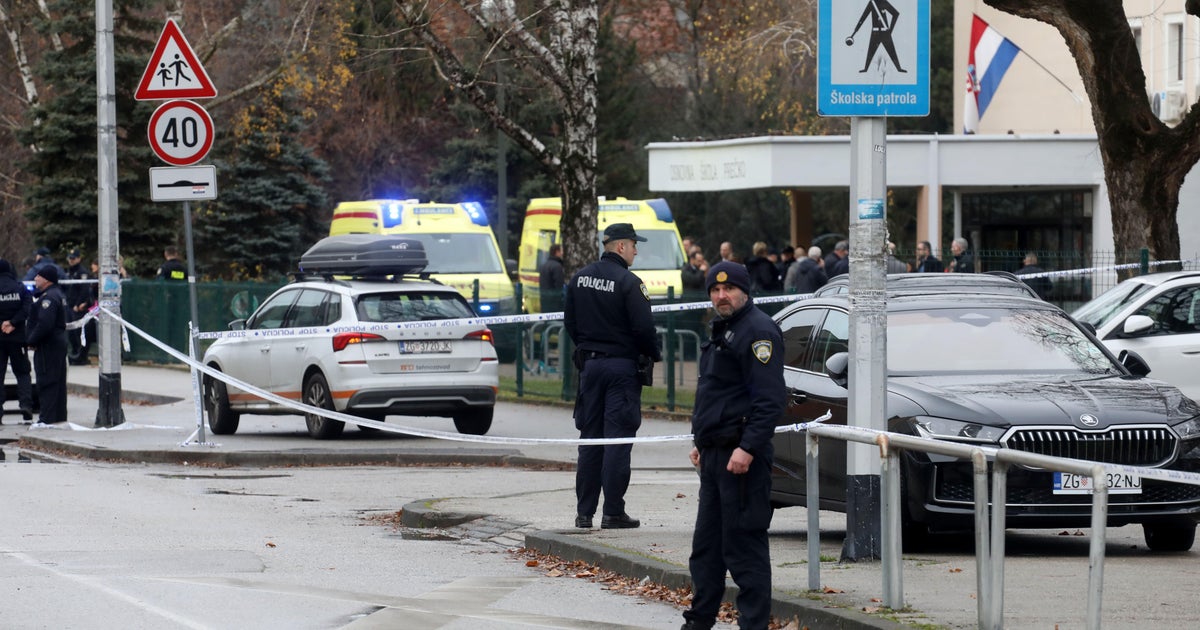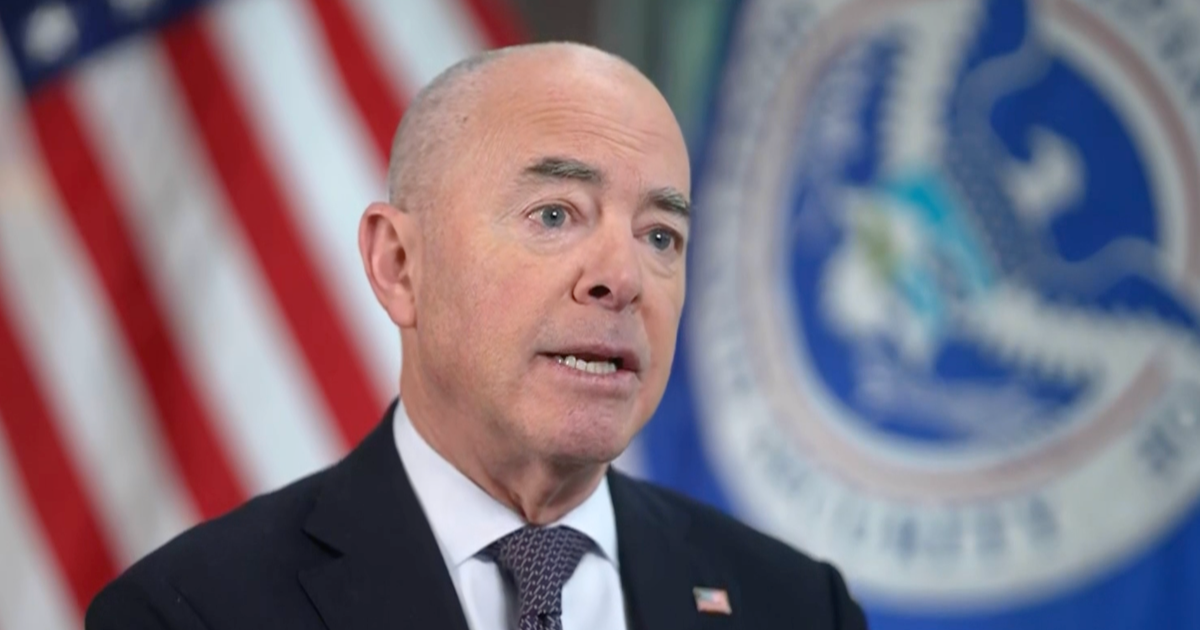Federal government executes third inmate this week after 17-year hiatus
The U.S. government on Friday put to death an Iowa chemistry student-turned-meth kingpin convicted of killing five people, the third execution by the federal government in a week.
Dustin Honken, 52, who prosecutors said killed key witnesses to stop them from testifying in his case, received a lethal injection at the Federal Correctional Complex in Terre Haute, Indiana. Two others were also put to death during the week after a hiatus of nearly 20 years.
The first in the spate of federal executions happened Tuesday, when Daniel Lewis Lee was put to death for killing a family in the 1990s as part of a plot to build a whites-only nation. Lee's execution went ahead only after the U.S. Supreme Court gave it a green light in a 5-4 decision hours before.
Wesley Purkey was the second person to be put to death this week. His lawyers contended he had dementia and didn't know why he was being executed.
Honken, who had been on death row since 2005, was pronounced dead at 4:36 p.m. The inmate — known for his verbosity at trial and for making a long statement of his innocence at his sentencing — spoke only briefly, neither addressing victims' family members nor saying he was sorry. His last words were, "Holy Mary, mother of God, pray for me."
Honken's lawyer, Shawn Nolan, said his client was "redeemed" and had repented for his crimes. Honken was a devout Catholic who "cared for everyone he came into contact with" in prison, Nolan said.
"There was no reason for the government to kill him, in haste or at all. In any case, they failed. The Dustin Honken they wanted to kill is long gone," Nolan said. "The man they killed today was a human being, who could have spent the rest of his days helping others and further redeeming himself. May he rest in peace."
In a statement, Justice Department spokesperson Kerri Kupec said "just punishment has been carried out."
"Nearly three decades after Honken coldly ended the lives of five people, including two young girls, all in an effort to protect himself and his criminal enterprise, he has finally faced justice," Kupec said.
After officials began administering the lethal injection, Honken began blinking his eyes and his fingers twitched. After several minutes his breathing became more labored. He turned increasingly ashen as blood drained from his face and hands. His hands gradually stopped twitching, and his breathing became shallower.
Honken was pronounced dead about 30 minutes after the process began, longer than the other two executions. An official with a stethoscope walked into the small death chamber, put his fingers on Honken's neck to check for a pulse, listened for a heartbeat, then exited.
Seconds later, officials announced the time of death.
Honken, whose crimes struck at the foundation of the U.S. justice system, always seemed the least likely to win a reprieve from the courts. After the two previous executions were stopped and started amid back-and-forth legal maneuvering, Honken's began almost on the minute it was scheduled.
While out on bond in his drugs case in July 1993, Honken and his girlfriend Angela Johnson kidnapped Lori Duncan and her two daughters from their Mason City, Iowa, home, then killed and buried them in a wooded area nearby. Ten-year-old Kandi and 6-year-old Amber were still in their swimsuits on the hot summer day when they were shot execution-style in the back of the head.
Their primary target that day was Lori Duncan's then-boyfriend, Greg Nicholson, who also lived at the home and was also killed. He and Lori Duncan were bound and gagged and shot multiple times. Honken had recently learned Nicholson, a former drug-dealing associate, was cooperating with investigators and would likely testify against Honken at trial.
Lori Duncan didn't know Nicholson was an informant and she wasn't involved in drugs.
As the investigation into Honken continued, he killed another drug dealer working with him, Terry DeGeus, beating him with a bat and shooting him.
Honken had earlier informed the judge in his drug case that he would plead guilty at the end of July. But days after the still-undiscovered killings of Nicholson and the Duncans, he told the court he would stick to his not guilty plea.
A statement from the Duncan family said the execution provided a degree of justice and closure to the family.
The two young Duncan girls "never had a chance to grow up and share in the joys and sorrows of their life," it said. "Their mother never got to see them having their first dance, first date or first walk down the aisle at their wedding."
"We will continue to live with their loss," it said. "However, this is a step toward healing of broken hearts and shattered lives."
Investigators found the Nicholson and Duncan bodies seven years after the killings, in 2000, after Johnson scrawled out a map showing a jailhouse informant where they were buried. DeGeus' body was found a few miles from the wooded area.
Honken was considered so dangerous that the judge took the rare step of impaneling an anonymous jury. Other security measures included fitting Honken with a stun belt under his clothes to prevent him from trying to escape.
Johnson, Honken's girlfriend, was convicted in a separate trial and sentenced to death. A judge later reduced her sentence to life behind bars.
In recent days, prison authorities permitted Honken to make his last calls to family and friends, according to Sister Betty Donoghue, a Catholic nun whom he called Wednesday.
On death row, Honken befriended Lee and knew his execution was called off one hour, then was back on another hour, Donoghue said.
"He was very upset with the way Danny died," said Donoghue, who visited Honken regularly over the past decade.
Yet Donoghue, of the Sisters of Providence just outside Terre Haute, said she was startled by how calm Honken sounded over the phone.
"He was at peace. I was totally amazed," she said. "He believed he would go to heaven. He is ready to meet his maker."
At his sentencing in 2005, Honken denied killing anybody, but Donoghue said she never heard him say he was innocent.
Honken's mother, brother and college-age daughter visited him in prison in recent days, she said.



